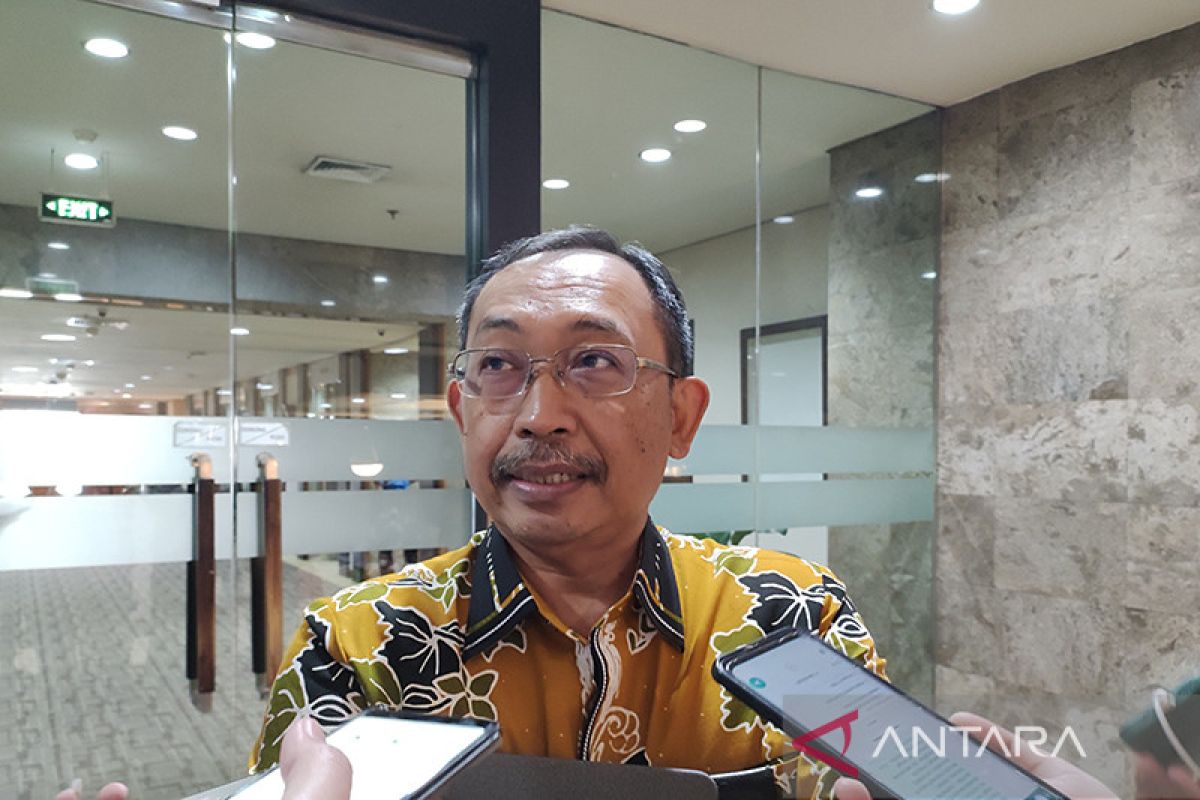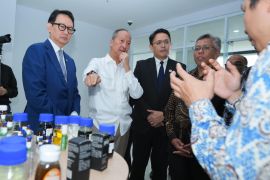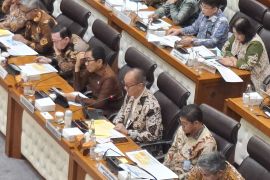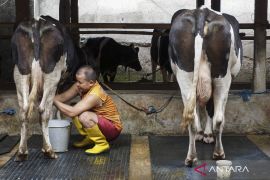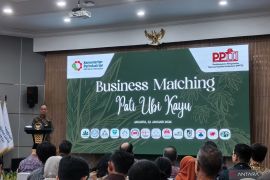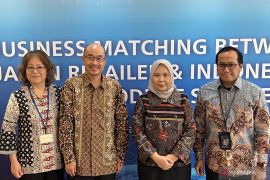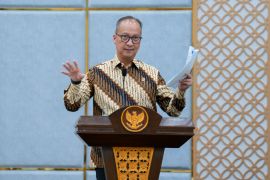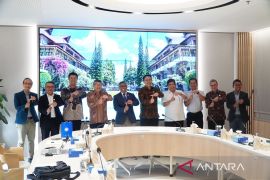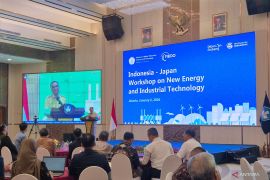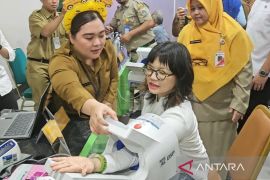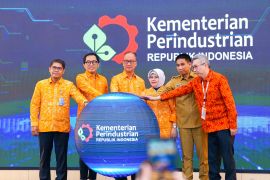Acting director general of chemical, pharmaceutical, and textile industries (IKTF) at the Ministry of Industry, Ignatius Warsito, said that this emphasis was conveyed by the Indonesian delegation during the Second Session of the Intergovernmental Negotiating Committee (INC2) on Plastic Pollution in Paris, France, from May 29 to June 2, 2023.
"The Indonesian delegation was also active in preparing an international legally binding instrument (ILBI) in the INC2 negotiations by upholding the principle of sustainable plastic waste management based on the full life-cycle of plastic," he said in a statement released in Jakarta on Saturday.
The series of INC2 meetings also discussed the main objectives of preparing legal instruments, obligation options, implementation tools, and implementation steps that would be adopted and carried out jointly by countries across the world.
One of the mandatory options discussed at the INC was re-examining the ban, reduction, and restriction of primary plastic production.
However, the option was not considered as a solution to the root cause of plastic pollution and was found not in accordance with national interests in developing the domestic petrochemical industry.
Therefore, Warsito deemed the INC2 meeting to be an important point in preparing a legally binding zero draft.
The Indonesian government is also hoping that the ILBI text would accommodate the positions of all countries, which would be discussed at the INC3 meeting in Nairobi, Kenya, in November 2023.
Furthermore, Indonesia will continue to support and oversee the preparation of the plastic treaty to end plastic pollution by selecting policy instruments that are right on target and capable of being implemented in Indonesia.
Related news: Environment Ministry applies circular economy for waste management
The Indonesian government, Warsito said, is also promoting progressive circular economy activities through increasing the capacity of the plastic recycling industry, the extended producer responsibility (EPR) program, developing the bioplastics industry, managing plastic waste into energy, and developing technology for the use of alternative sources of raw materials from plastic waste as part of the effort to tackle plastic pollution.
In addition, the government is emphasizing the importance of the national action plan (RAN), which is the backbone of the implementation of ILBI, and the statement is also supported by other countries.
Indonesia is aware that there is a significant difference in capacity between developed and developing countries when it comes to handling plastic waste.
"Therefore, the compiled ILBI must be able to accommodate the capabilities of each country in creating an enabling environment," Warsito explained.
Furthermore, the Ministry of Industry fully supports the main goal of solving the problem of plastic waste pollution by selecting the right instruments, he added.
In addition to prioritizing environmental safety, the steps taken also need to pay attention to social and economic impacts.
Currently, plastic is still a strategic product because of its properties, for instance, it is strong but light, does not rust, and is superior in terms of hygiene.
Thus, it plays an important role in maintaining food security, health, and downstream industries, in general, such as the automotive, electronic, textile, construction, and pharmaceutical industries.
"The independence of the plastic raw material industry is crucial, so Indonesia seeks to develop investment in the domestic petrochemical industry to be able to support its downstream industries," said Warsito.
Related news: C Java expedites circular economy implementation
Related news: Ministry encourages industrialization of waste management in Indonesia
Translator: Ade Irma Junida, Cindy Frishanti Octavia
Editor: Yuni Arisandy Sinaga
Copyright © ANTARA 2023
